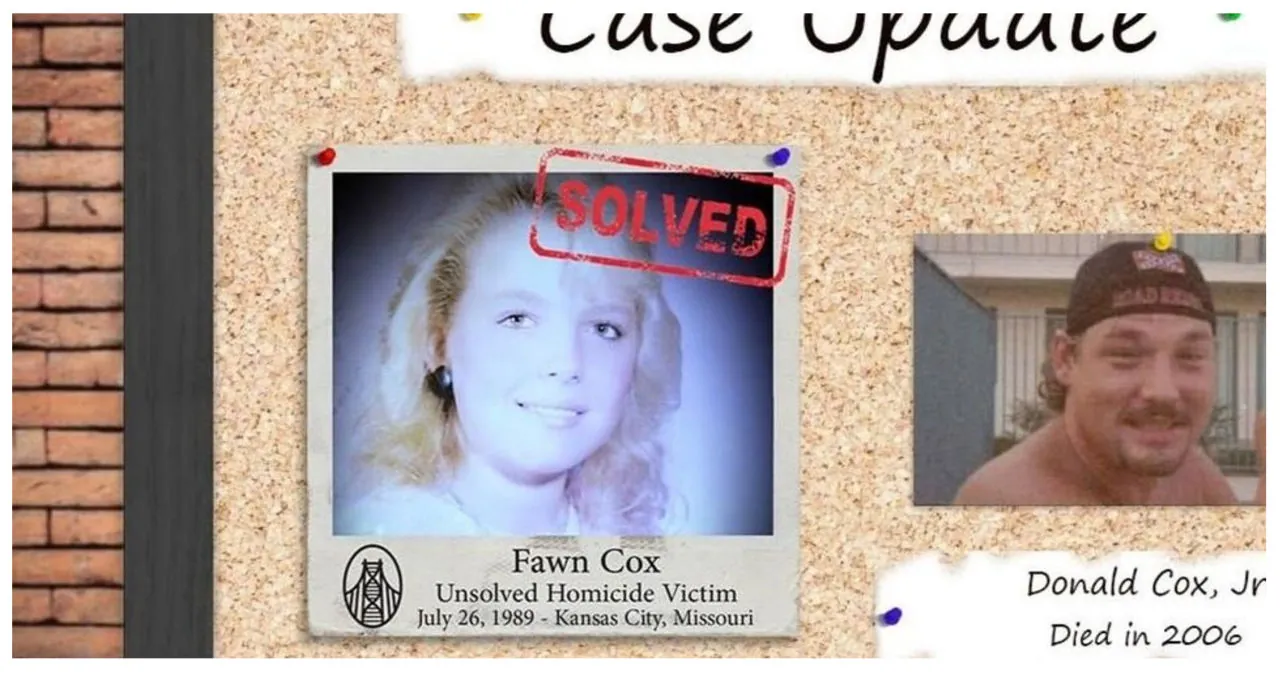The Kansas City Police Department’s Missing Persons/Cold Case section took another look at the case as technology advanced. In the early 2000s, the KCPD Crime Lab managed to create a suspect DNA profile from bodily fluids collected in 1989. They uploaded this profile to the national CODIS database, hoping for a match. Regrettably, no match was found, leaving the case unresolved.
Years later, when Operation LeGend was introduced, the department received additional federal resources to combat violent crime. Detectives decided to take a fresh approach to Fawn Cox’s case by using genealogical DNA testing. This advanced technology enables law enforcement to compare the DNA of an unidentified suspect with other national databases, helping to create a family tree and narrow down potential suspects.
Operation LeGend successfully overcame various obstacles, including cost, protocol, and manpower. One of the breakthroughs came through the use of genealogical DNA testing, which led investigators to an unexpected suspect – Fawn Cox’s cousin. Although the cousin had passed away in 2006 under suspicious circumstances, the medical examiner had retained a blood sample. The Crime Lab was able to extract DNA from this sample and compare it to the original crime scene DNA profile from 1989, resulting in a positive match.
On November 10, detectives finally delivered the long-awaited news to Fawn Cox’s family. Although her parents felt a sense of sadness, they also expressed a certain level of relief. At times, they had wondered about the potential involvement of the deceased cousin.
Captain Benjamin Caldwell, who has carried the weight of this case with him throughout his career, stresses that not all unsolved cases are suitable for genealogical DNA testing. However, he believes it can be an incredibly powerful tool. While recognizing the challenges of cost and manpower, Captain Caldwell highlights the importance of establishing a sustainable, transparent, and potentially privately funded genealogical DNA program. Such a program has the potential to bring justice to numerous cases that have long been denied closure.
Read More:
- Anticipated Hazardous Ice Storm to Hit Southern Plains & Lower Midwest Overnight Jan 21st – 22nd
- Patrick Mahomes trolls Bills opponent on social media with just two words


